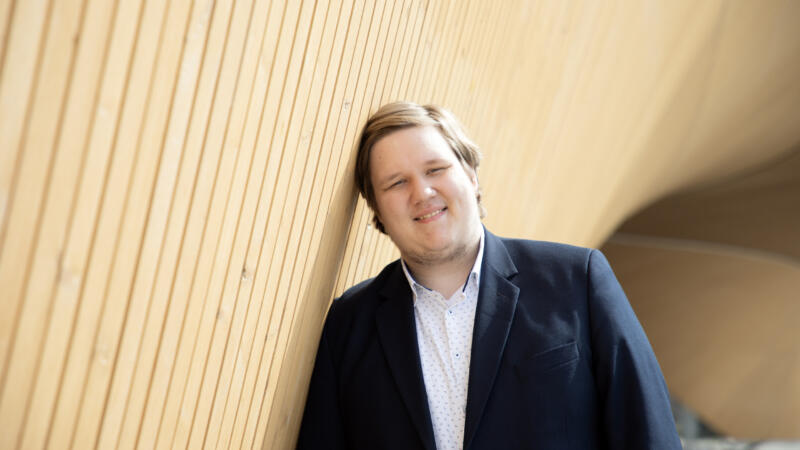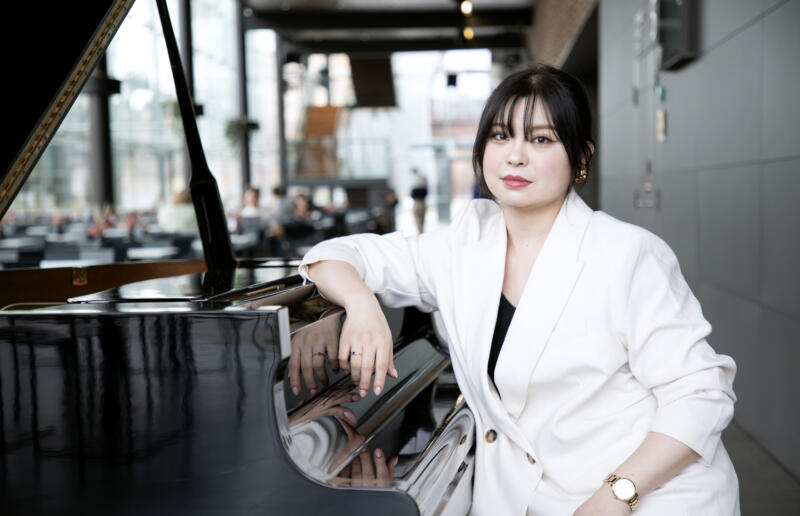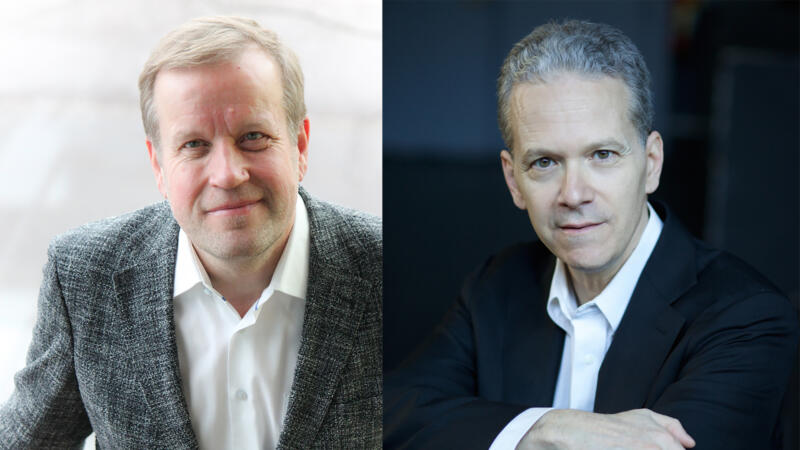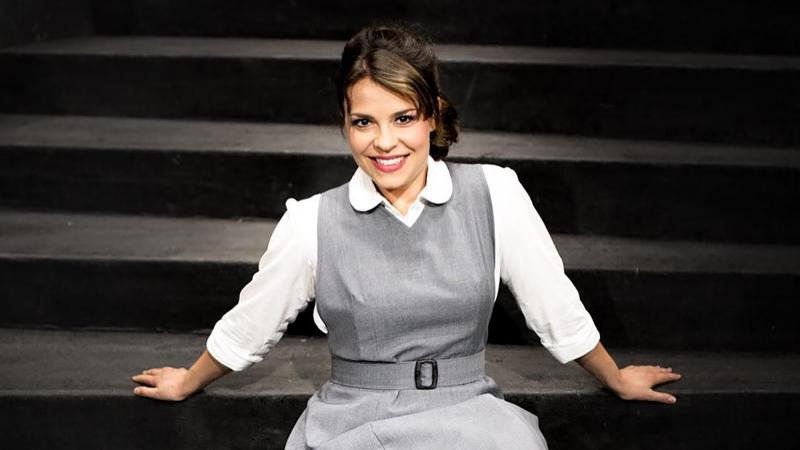Olga Heikkilä: Teaching is a journey into the living instrument
Soprano Olga Heikkilä shares insights into what drives her as a teacher and doctoral researcher at the Sibelius Academy of Uniarts Helsinki. She blends tradition with innovation in her vocal pedagogy and explores the expressive potential of the voice through her research.
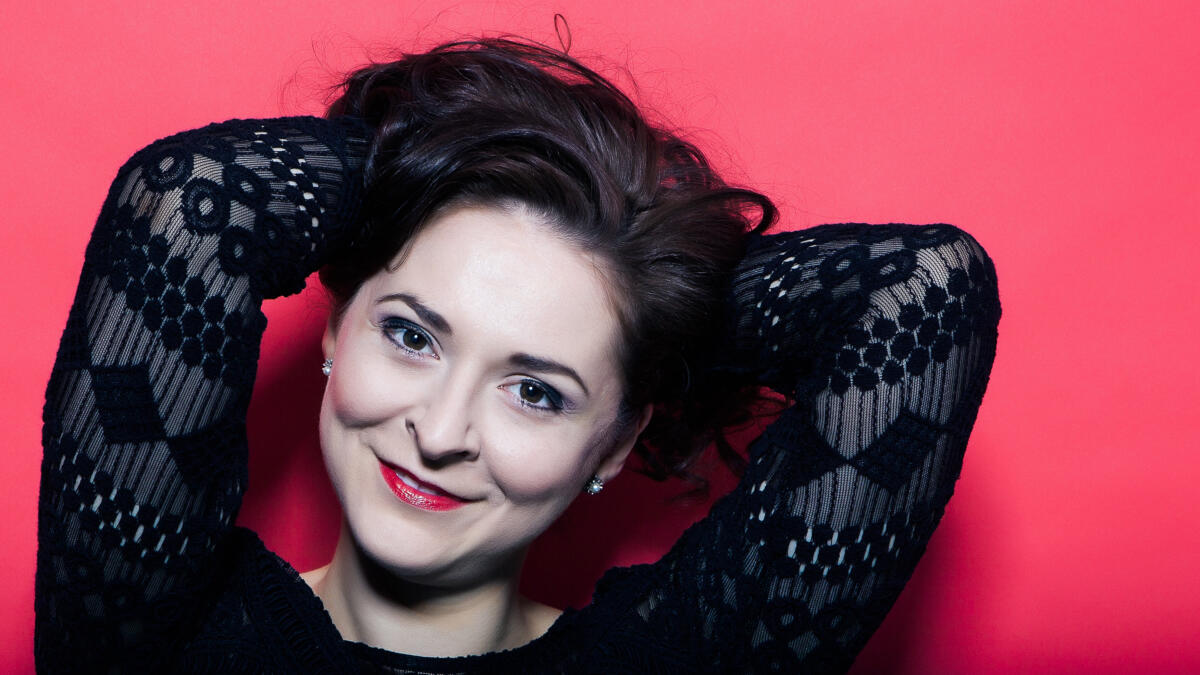
Olga Heikkilä’s career as a soprano has spanned the worlds of opera and concert music, where her unique voice and innovative approach to teaching have made an indelible mark.
At the heart of her teaching philosophy is a profound respect for the individuality of every student, where the voice – an instrument within the human body – becomes a gateway for personal and artistic growth.
The joy of teaching and the responsibility of nurturing talent
“The students,” says Olga Heikkilä when asked what motivates and inspires her to teach at the Sibelius Academy.
“The vocal instrument exists within the student’s own body, making every singer unique. In a teaching situation, both teacher and student are fully present with their whole personality, working together to develop both the instrument and the musicianship.”
Offering the highest level of music education in Finland, the Sibelius Academy brings together top students in the field. Many newcomers have been engaged in music education since early childhood, and singing is rarely their only instrument.
“Teaching singing is motivating and inspiring precisely because of the immense responsibility it carries, its multifaceted nature, the shared joy, and the fascinating, endless development possibilities of the living instrument,” Heikkilä says.
Dialogue, unlocking potential, understanding the instrument as musician-singer, expanding creative capacity and freedom are some of the key words she uses to describe her pedagogy – along with the idea that the teacher makes themselves unnecessary.
“It is a privilege to take part in guiding an individual student’s journey toward becoming a professional musician.”
Tradition and innovation in vocal pedagogy
In Heikkilä’s view, academic work combines a deep understanding of tradition with the ability to create something new.
“I am undoubtedly innovative and open-minded, but vocal artistry cannot be built on empty ground, which is why I also rely on tradition – on its most vital aspects,” Heikkilä says.
The department of Vocal Arts is one of the oldest departments at the Sibelius Academy.
“Our opera education recently celebrated its 110th anniversary, and professor Anne Kauppala, together with researcher Ulla-Britta Broman-Kananen and producer Joonas Mikkilä, compiled a wonderful history of it.”
Emmy Achté (1850–1924) was the first female opera director in Finland and founded the opera class in 1914. Achté’s own training and vision for the development of the music field were the starting point for a long chain of events. Achté and Edward Fazer established the Domestic Opera (Inhemska Operan), which evolved into what is now the Finnish National Opera and Ballet.
“Singers were also needed at the Savonlinna Opera Festival, founded by opera singer Aino Achté in 1912, both for solo roles and the choir. We owe gratitude to many individual pioneers who bravely paved the way, never shying away from hard work,” Heikkilä says.
“Finnish opera singer, Sibelius Academy teacher and benefactor Mirjam Helin founded her own singing competition, which remains Finland’s only international vocal competition and holds global significance, particularly for supporting competitors in developing their own artistic voice,” Heikkilä continues.
The Mirjam Helin Singing Academy, recently launched by the Finnish Cultural Foundation, is the latest testament to the long-term continuity and development opportunities created by a single dedicated pedagogue.
“It is fascinating to be part of this long tradition and to further develop the rich expertise of our department.”
Finding my own voice
“Hmm… I still feel young and like still on my journey,” Heikkilä pauses when asked what helped her to find her own voice and place in the field in the beginning of her career.
“Perhaps this is a special characteristic of this field, an effect of the energy students bring, or simply the essence of being a musician. But I have been incredibly fortunate to meet many top professionals along the way, starting from childhood,” she says.
“I am grateful to every single teacher and colleague who, through personal encounters and their work, have left a deep impression on me.”
The late Timo Veijola, former principal of Espoo Music Institute, encouraged Heikkilä to continue in music when she was considering becoming a lawyer. German opera singer Edda Moser was so strict in her masterclass that, by observing others, Heikkilä realised how she should address herself in practice and performance situations.
“During my doctoral studies, I have had the privilege of meeting truly inspiring and courageous artists and learning from them: Barbara Hannigan, Jane Manning, Lucy Shelton.”
All these experiences have taught Heikkilä that she thrives best in a diverse environment where she can express herself as a performer, educator and researcher.
“I have been able to maintain this threefold professional profile and have enjoyed the continuous growth and the challenge of overcoming obstacles that it enables.”
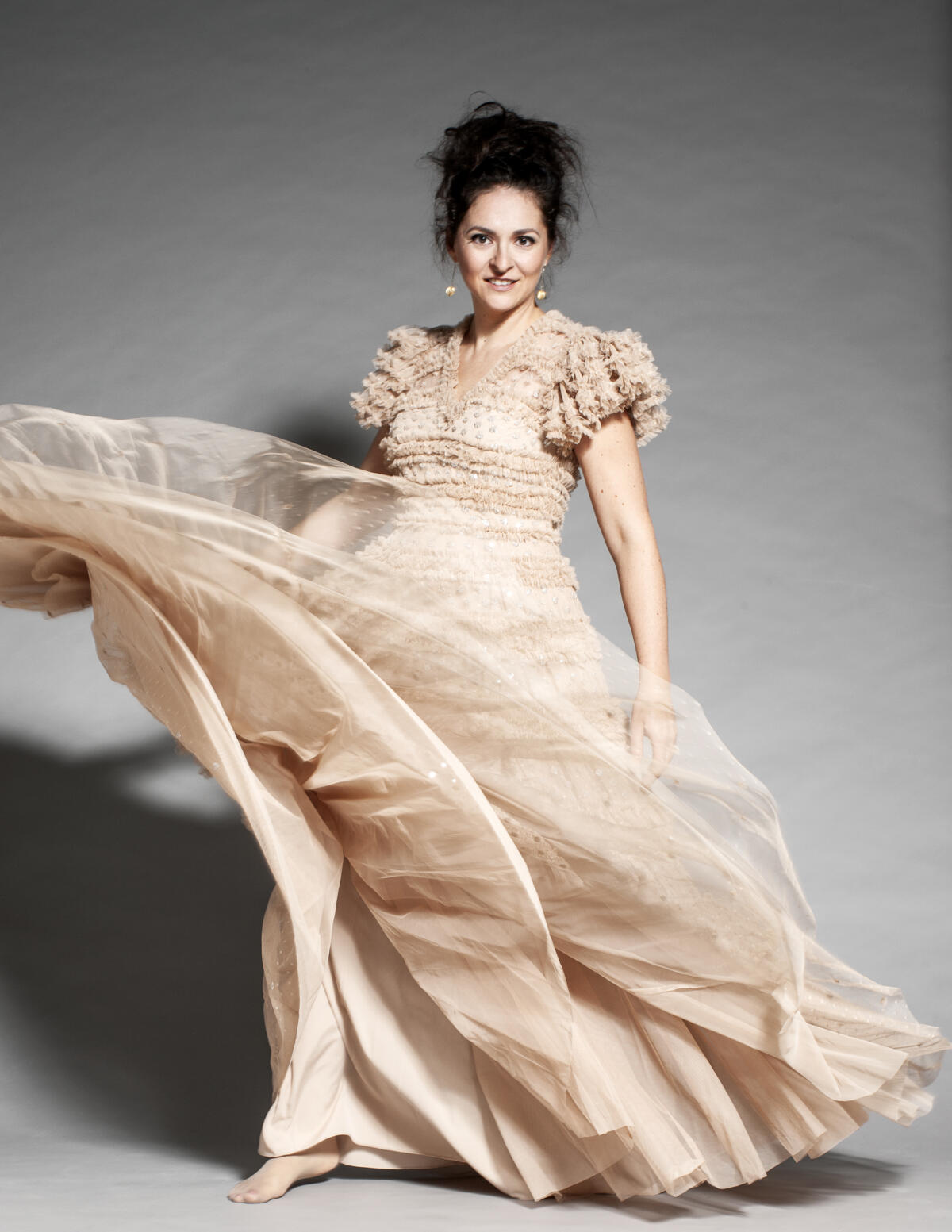
Who
Soprano Olga Heikkilä is an internationally acclaimed artist known for her versatility across opera, chamber music and contemporary repertoire. She has performed leading roles in both classical and baroque operas as well as in experimental modern works, with highlights including Ilia (Idomeneo), Pamina (Die Zauberflöte), and Violetta (La Traviata).
In recent years, she has been deeply involved with Kaija Saariaho’s final opera, Innocence, performing in multiple roles and serving as a Finnish language coach for international soloists.
Heikkilä’s voice has inspired many Finnish composers, and she has premiered and commissioned several contemporary works. Her collaborators have included Jaakko Kuusisto, Osmo Tapio Räihälä, Minna Leinonen, Miika Hyytiäinen, Ville Raasakka, Mikko Nisula and Edo Frenkel. Heikkilä has also explored composition herself.
Alongside her performing career, Heikkilä is an active researcher and educator, currently completing a Doctor of Music degree at the Sibelius Academy, where she explores the expressive possibilities of Sprechgesang.
Heikkilä has studied at the Helsinki Conservatory, the Sibelius Academy and the Royal Danish Opera Academy.
Learn more about Olga Heikkilä here.
